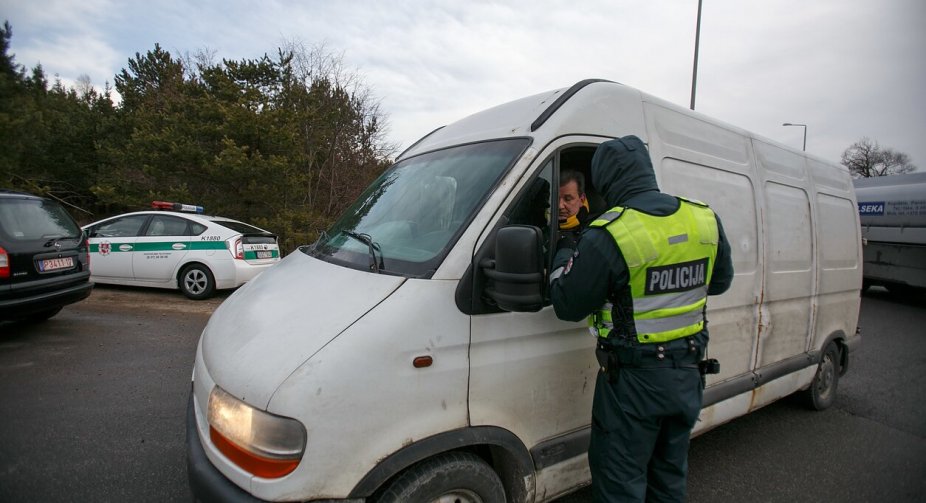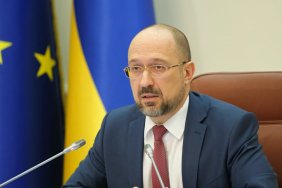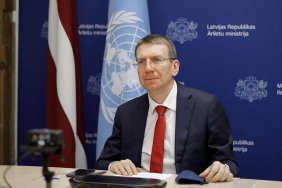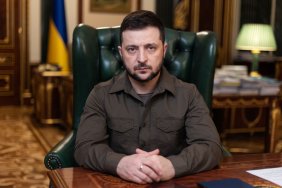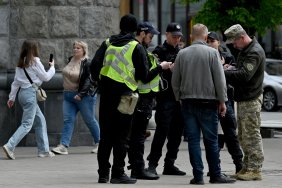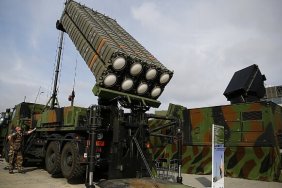During the July NATO summit in Vilnius, as well as a few days before and after it, Lithuania plans to resume inspections with Poland and Latvia.
This was reported by LRT with reference to the draft government resolution registered by the Ministry of Internal Affairs of the country.
The document states that inspections are planned to resume from 8:00 a.m. on July 7 to 8:00 a.m. on July 13.
Control will cover checkpoints on the border of Lithuania with Latvia and Poland, as well as checkpoints when passing through air and sea ports on internal Schengen flights.
The NATO summit will be held in Vilnius on July 11-12.
As reported by the Armed Forces of Lithuania, more than 3,000 military personnel will help ensure security during the summit.
Together with their allies, they will additionally ensure the safety of the airspace, the protection of particularly important objects, important routes, persons, inspection of premises and vehicles, and the search for explosive substances on objects.
